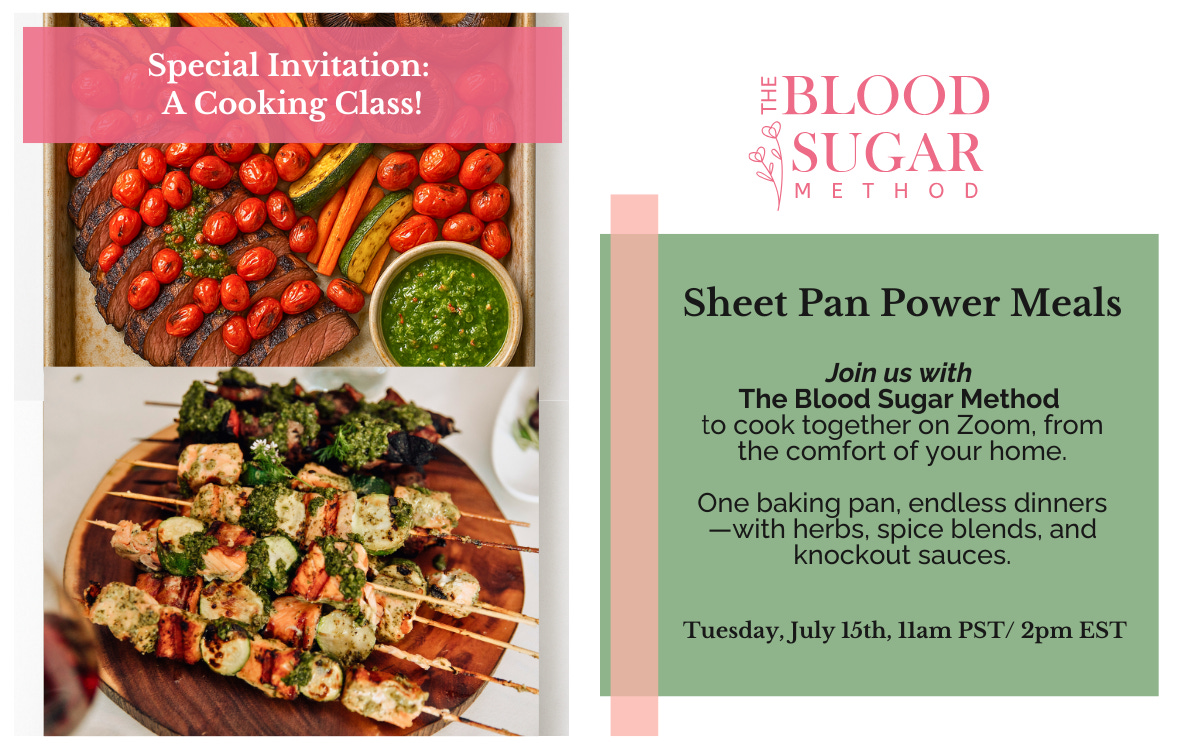Before You Pop That Supplement
What's worth taking, what's not, and why Amazon might not be your best bet.
You don't need a drawer full of capsules to be healthy.
But you wouldn't know that by looking at social media.
Walk through a supplement aisle (or scroll through TikTok) and you'll find pills and powders promising sharper thinking, deeper sleep, longer life, glowing skin, better workouts, and fewer existential crises. And a lot of it is…junk.
Not because supplements are bad. But because most of them are built on half-truths and hype, pushed by influencers with zero background in biochemistry but a strong Wi-Fi signal.
Let's take melatonin.
A study tested 25 melatonin gummies to see if they matched their labels.
The results?
92% had more melatonin than claimed.
Only 12% were within 10% of the listed dose.
One had 347% of what it said.
One had zero melatonin at all.
Melatonin isn't something you want to eyeball. It's a hormone that influences your circadian rhythm. Too little, and you might not sleep. Too much, and you might tank your body's ability to make its own.
This isn't just sloppy labeling—it's an industry problem.
Supplements are called supplements for a reason. They're meant to fill gaps, not replace real food, movement, sunlight, or sleep.
If your nutrition is solid and your health markers are good, you probably don't need much. But if testing shows you're low in something specific—like vitamin D, magnesium, B12, or omega-3s—the right supplement can make a real difference.
Rule of thumb: Don't guess. Test. Blood work beats vibes.
What's Actually Worth Taking?
Here are a few backed by actual science, not marketing:
Vitamin D – Most of us are low, especially if you work indoors or live far from the equator.
Magnesium (glycinate and or threonate) – Great for sleep, muscle function, and mood.
Creatine monohydrate – Not just for gym bros. It supports brain health and healthy aging.
Omega-3s (EPA/DHA) – Crucial for brain, heart, and inflammation. If you don't eat fish, you probably need this.
Protein (whey or plant-based) – If you're not hitting your protein needs through food, this helps.
There are other promising ones, but these are the MVPs. No hype, just data.
Ingredients alone don't tell the whole story. You want:
Third-party testing – Look for NSF Certified, USP Verified, Informed-Sport, or ConsumerLab.
No proprietary blends – If they won't tell you the dose, they're hiding something.
Research-backed dosing – If it's underdosed, it's not worth it. Don't pay for pixie dust.
Red Flag Fillers to Avoid:
Flow Agents:
Magnesium stearate (can reduce absorption)
Stearic acid
Silicon dioxide (synthetic)
Artificial Additives:
Red 40, Yellow 6, Blue 1 (artificial colors)
Titanium dioxide (banned in food in Europe)
BHT/BHA (preservatives)
Artificial flavors and sweeteners
Problematic Binders:
Microcrystalline cellulose (synthetic)
Polyethylene glycol (PEG)
Polysorbate 80
What clean companies use instead: Rice flour, vegetable cellulose, natural fruit/vegetable powders for color, stevia or monk fruit, plant-derived magnesium stearate.
Rule of thumb: If the ingredient list reads like a chemistry experiment, find a cleaner option. Quality supplements use minimal, necessary fillers—not a laundry list of unpronounceable additives.
Why Amazon's a Gamble:
Amazon is convenient, but sketchy for supplements.
You might be buying from a reseller, not the actual company. The product could've been stored in a hot warehouse for months. It might be expired. Or tampered with. And yes, counterfeits exist.
If you're going to take something every day, buy it from the brand's site or a trusted third-party seller like Fullscript.
Bottom Line:
Most supplements won't do a thing for you. A few can help—but only if:
You actually need them.
You buy from a quality source.
You don't let them replace real habits.
So, before you drop another $49.99 on something an influencer swears "changed their life," ask yourself: Have I fixed the basics?
Eat real food.
Move daily.
Sleep enough.
Get outside.
Manage stress.
Then—and only then—consider supplements. Test. Simplify. Choose quality. And if you're not sure?
Don't buy the bottle.
Facts, not fluff - Heather and Beth
***
Here’s some info on my co-author, Beth Bollinger, and a free live cooking class you can join.
Beth Bollinger is an integrative health practitioner, holistic nutritionist, recipe developer, and creator of Nest Wellness. If you’re struggling to manage PCOS, perimenopause, menopause, pre-diabetes, diabetes, fatty liver disease, or just want to age vibrantly, you’re in the right place.
She’s passionate about maintaining balanced blood sugar while enjoying delicious meals and treats… and proving to our inner skeptic that good health is not only possible - it’s delicious!
Join Beth in the Kitchen for a FREE Live Cooking Class!
Beth is hosting an exclusive live cooking session for our next group of Blood Sugar Method members - and YOU'RE invited!
This class is completely FREE for everyone - whether you're already part of our Blood Sugar Method community or just getting started on your wellness journey!
What We're Making: Sheet Pan Power Meals - Perfect for Easy Summer Flavors!
One baking pan, endless dinners—with herbs, spice blends, and knockout sauces. In this class, we'll explore roasting smart combos of protein + veggies with bold seasonings and finishing sauces like chimichurri and tahini-lemon. Super practical and blood sugar friendly for any weeknight meal.
Reserve your spot today!
Because healthy eating should be delicious, doable, and definitely more fun when we're doing it together!








Thanks for the helpful information! I take a multivitamin and a supplement that my neurologist prescribed.
Boom! Supplements are not regulated so brand and source really matter!!! And a lot of supplements are just good marketing.